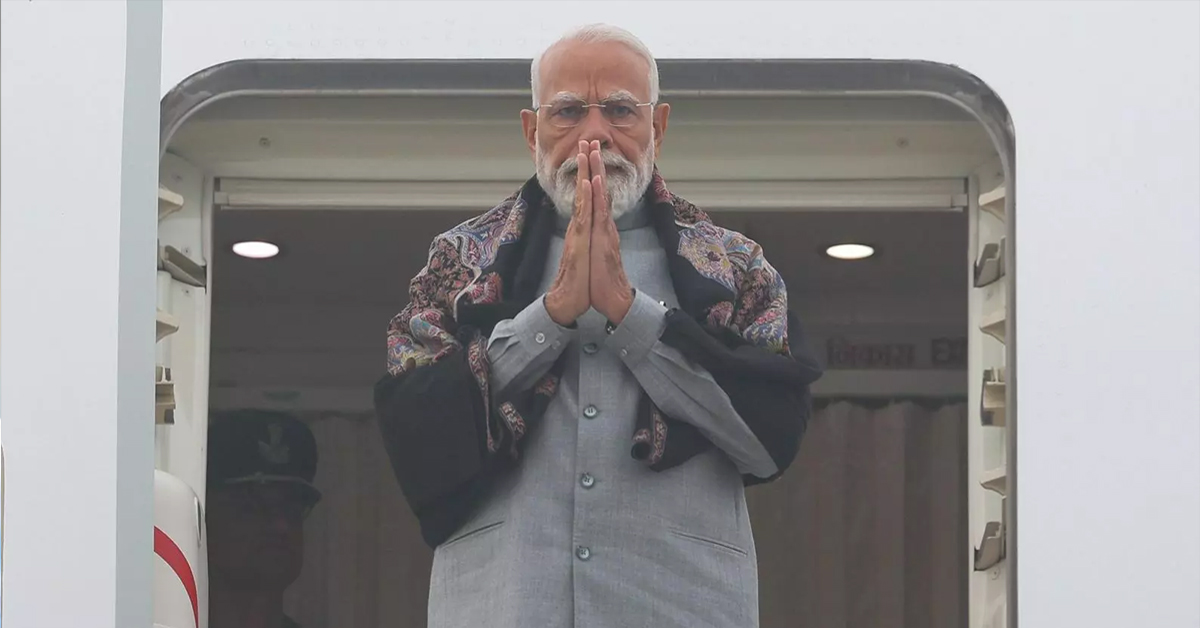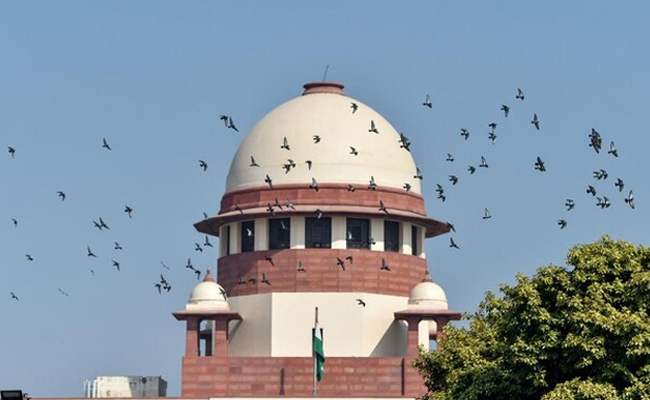Bengaluru, Jun 25: Karnataka Chief Minister Siddaramaiah on Tuesday clarified that Rs two hike in price of Nandini milk from June 26 is proportional to the increase in volume per packet.
His clarification came after opposition attacked the Congress government over increase in milk prices.
Karnataka Milk Federation (KMF) announced a hike in prices while enhancing the quantity of milk in its half and one litre packets by 50 ml.
"As it is the current harvest season, the storage of milk in all district milk unions is increasing every day and the current storage is close to one crore litres. In this background, the price of each packet is being increased by Rs 2 with an additional 50 ml of milk being given to the consumers only for each half litre (500 ml) and one litre (1000 ml) packets," KMF said in a statement.
ALSO READ: KMF increases Nandini milk prices by ₹2 per litre, effective from tomorrow
Currently, a 500 ml toned milk packet of Nandini costs Rs 22 and with this decision, the 550 ml packet will now cost Rs 24. Similarly, the 1000 ml (1 litre) packet was priced at Rs 42 and it will now be sold at Rs 44 for 1,050 ml.
In a statement, Siddaramaiah has said, "There will be no increase in the price of Nandini milk. Instead, each milk packet will now contain an additional 50 ml of milk, and the price will be proportionally increased for the increased volume."
He said from now on, 500 ml milk packets will be replaced by 550 ml packets, and one litre packets will be replaced by 1,050 ml packets. This decision by KMF aims to ensure that farmers' additional milk production is not rejected at collection centres.
In the statement, the Chief Minister explained that compared to last year, milk production in the state has increased by 15 per cent. Last year, the average daily production was 90 lakh litres whereas this year, it has increased to an average of 99 lakh litres per day.
To accommodate this surplus production and ensure farmers are not turned away, KMF has decided to increase the milk content in each packet by 50 ml, with only a Rs. 2 charge for the additional quantity. There is no increase in the per unit price of milk, he said.
"Previously, the price was Rs. 42 for 1,000 ml and Rs 22 for 500 ml. Going forward, the packets will be sold with 1,050 ml and 550 ml at Rs. 44 and Rs. 24 respectively. This decision by KMF aims to benefit the lakhs of dairy farmers and ensure the surplus milk directly reaches consumers," he said.
Siddaramaiah said that currently, the maximum amount of milk is being used for milk powder production. Approximately 30 lakh liters of milk are used daily for producing 250 metric tons of milk powder to meet the existing demand.
"When our government came to power, the average daily milk collection in the state was around 72 lakh litres. We implemented a Rs 3 increase in the price, directing the additional funds directly to farmers, making dairy farming more profitable. Additionally, good rainfall this year has ensured ample green fodder for cattle.
"Due to these factors, milk production has now reached nearly 1 crore litres per day. To handle this increased production and ensure it is beneficial for both farmers and consumers, KMF has made this decision," the statement added.
The opposition took a dig at the government as the hike in milk prices came days after the government hiked fuel prices in the state.
Hitting out at the chief minister, Leader of the Opposition in the Karnataka Assembly R Ashoka alleged the Congress government has increased the milk prices to "celebrate the anniversary of the Emergency."
"If you (Siddaramaiah) have even an iota of compassion for the poor and middle class people, then withdraw the milk price hike order immediately," he said, directing his comments at the chief minister.
"You (Siddaramaiah) have increased the price of milk in just 13 months after coming to power. Last year in August, the price of milk was increased by Rs 3 and now it has been increased by Rs 2.
"The poor and middle class people of the state are already distressed by the increase in petrol diesel prices and skyrocketing prices of vegetables. In such a situation, you have put more burden on them," he posted on social media platform X.
BJP Karnataka unit president B Y Vijayendra stated that the latest decision to hike milk prices will badly affect the poor families who are already facing a daunting task in making ends meet.
"Soon after the Lok Sabha election results, there was a call from Congress MLAs to rollback the guarantees to avenge their loss. Finally, this is how the Congress government is exacting revenge on the poor citizens for voting against them," he alleged.
"@INCKarnataka govt seems to be in a mad hurry to hike the price of every essential commodity to inflict the maximum pain on the voters. @BJPKarnataka will fight every inch against the anti-people decisions of this government," he posted on X.
Janata Dal (Secular) too criticised the move and sarcastically said that on the occasion of the golden jubilee of the Emergency, the Karnataka Congress government has given a "bumper gift" to the people.
"Will the benefit of this price rise go to milk producers or will it go to KMF? The guarantee (schemes) is the cause for the price rise," the party posted on X.
Let the Truth be known. If you read VB and like VB, please be a VB Supporter and Help us deliver the Truth to one and all.
New Delhi (PTI): Prime Minister Narendra Modi on Monday embarked on a visit to Jordan, Ethiopia and Oman -- countries which enjoy civilizational ties and exceptional bilateral relations with India.
"First, I will be visiting Jordan, on the invitation of His Majesty King Abdullah II ibn Al Hussein. This historic visit will mark 75 years of establishment of diplomatic relations between our two countries," the prime minister said in his departure statement.
Modi will hold detailed discussions with Jordanian King Abdullah II ibn Al Hussein, Prime Minister Jafar Hassan, and will also meet Crown Prince Al Hussein bin Abdullah.
In his first visit to Ethiopia, the prime minister will address the Joint Session of Parliament and share his thoughts on India's journey as the "Mother of Democracy" and the value that the India-Ethiopia partnership can bring to the Global South.
The prime minister will also hold discussions with Ethiopia's Prime Minister Abiy Ahmed Ali and meet the Indian diaspora.
"On the final leg of my journey, I will visit the Sultanate of Oman. My visit will mark 70 years of the establishment of diplomatic ties between India and Oman," Modi said.
In Muscat, the prime minister will hold discussions with the Sultan of Oman on strengthening the Strategic Partnership as well as a strong commercial and economic relationship.
"I will also address a gathering of the Indian diaspora in Oman, which has contributed immensely to the country's development and in enhancing our partnership," Modi said.





